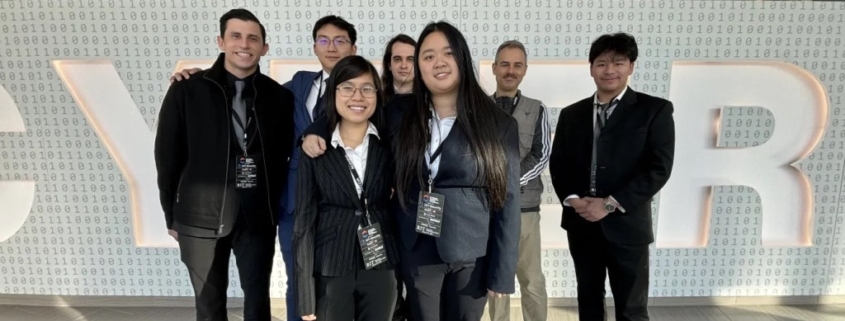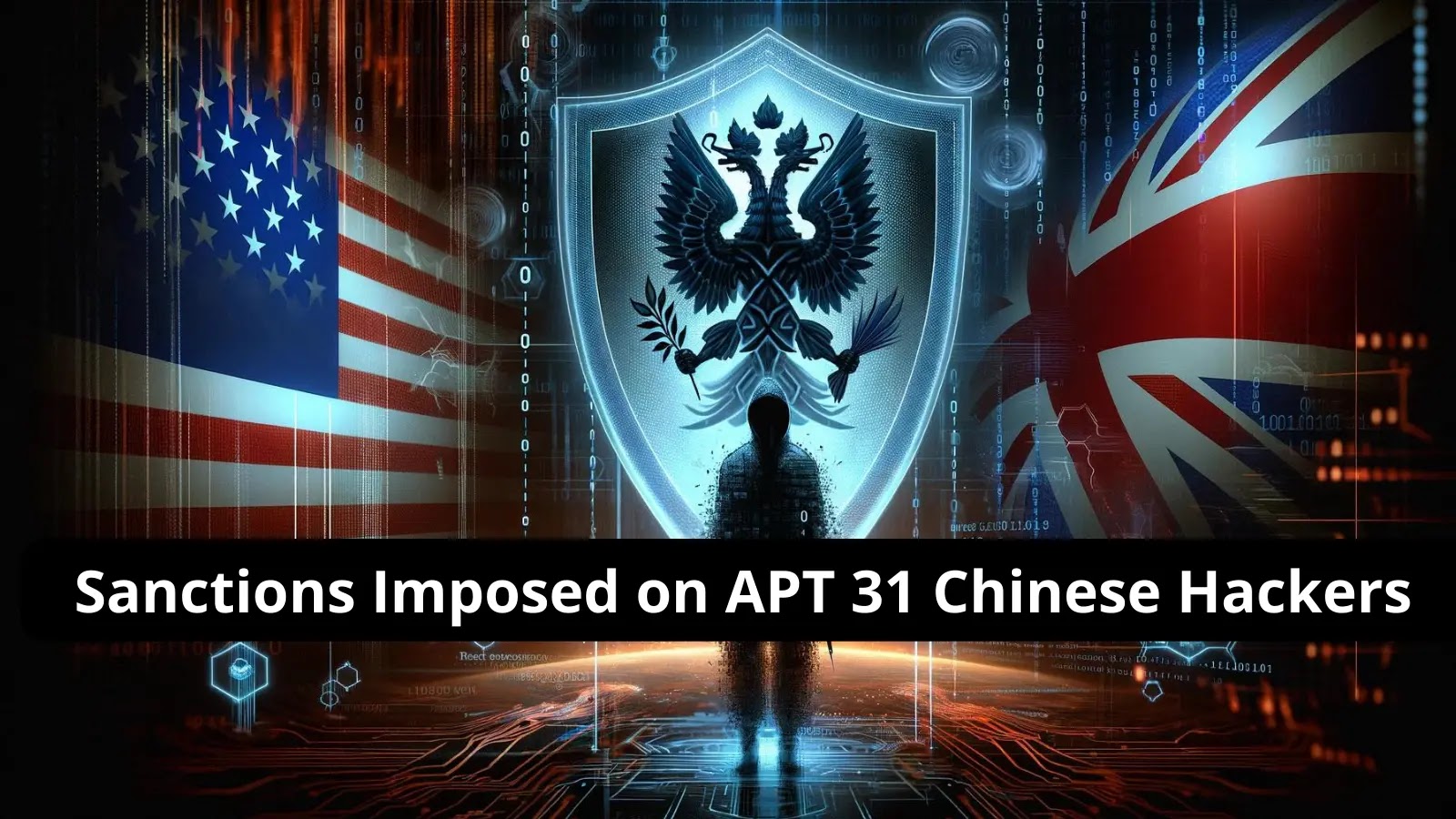CSUF cybersecurity students compete to hack into vulnerable systems – Orange County Register
Last fall, Cal State Fullerton cybersecurity students competed in the Collegiate Penetration Testing Competition where teams of students from the region met to determine how to hack the security systems of an airport and then presented a report of their findings to executives.
The Cal State Fullerton team of six students placed second in the high-pressure competition, which provided real-world experience that they will bring to the jobs that await them once they graduate. Business sponsors often recruit winners for employment during these events, said Mikhail Gofman, professor of computer science and director of the ECS Center for Cybersecurity in the College of Engineering and Computer Science.
Penetration testing means trying to break through the security systems of a business by using the same tools and techniques that hackers use. If a penetration tester can discover and exploit a vulnerability, Gofman said, then so can an attacker.
“This is often called the security governance,” Gofman said, “the goal of which is to ensure the cybersecurity of the company. It is driven by risk management, and, of course, cyberattacks are a big part of the company risk management, because a cyberattack can have very devastating consequences.”
The regional competition focused on the security systems of an airport. “They weren’t actually real airport systems, but real networks which simulated what a network infrastructure of an airport would look like,” Gofman said. “The students had 12 hours, from morning to night, to conduct the penetration test to find and exploit as many security vulnerabilities as possible.”
Then they had to write a professional penetration testing report that communicated their findings in plain language.
“Our goal as a team was to try to fully compromise the company, given only a set of IP ranges and some scattered fictitious employee information they left on the internet for us to exploit,” said fourth-year student Katherine Chen, who was a member of the winning team.
“You use public information on the internet to impersonate someone and use their information for malicious purposes, which we were successfully able to do,” Chen said. “At…


